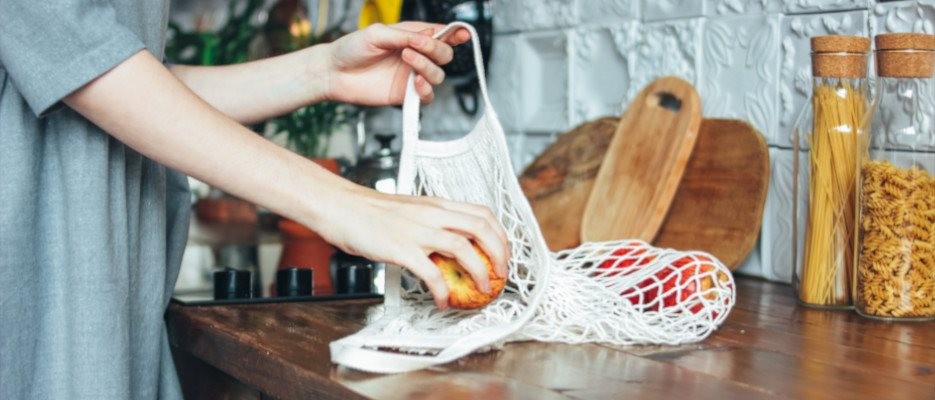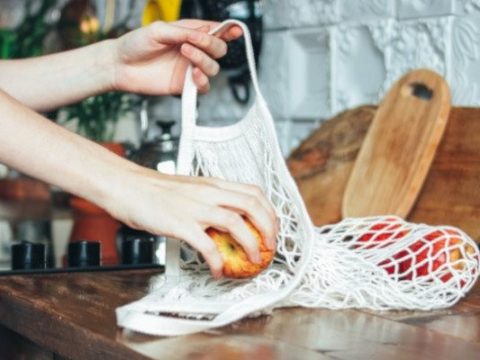Eco Tips for a Nature-Friendly Household
Introduction
One of our 2021 resolutions is to take greater responsibility for the environment. Even the smallest effort we each make can help us breathe cleaner air and eat healthier, more nutritious food. Ecology is more than a trend—it’s becoming a lifestyle adopted by many. With more resources and information at our disposal, we can all contribute to the health of our planet.
Key Principles of an Eco Lifestyle
Reducing our carbon footprint and waste relies on three simple principles. Each offers practical solutions to consume responsibly and save money as well as natural resources:
Reduce
- Buy less, waste less. Invest in quality, multi-functional items.
- Make a wishlist with dates, then wait at least 10 days before purchasing.
Reuse
- Swap plastic bags for textile totes and reusable bottles.
- Upcycle cardboard boxes, jars, and bottles for storage or décor.
Recycle
- Sort plastics, paper, glass, aluminum, batteries, textiles, electronics.
- Locate your local selective‐collection bins in supermarkets or city centers.
10 Small Changes You Can Make Today
- Use a reusable cloth bag instead of plastic.
- Bring your own travel mug for coffee to go.
- Filter tap water and carry a refillable bottle.
- Replace paper towels with washable cloth towels.
- Opt for electronic bills, books, and magazines.
- Switch plastic containers to glass or stainless steel.
- Carry a bamboo or metal straw in your bag.
- Use your own container for restaurant leftovers.
- Separate recyclables into dedicated bins.
- Freeze or vacuum‐seal extra food.
Support Responsible Brands
- Aladdin – durable, recycled‐material products.
- BRITA – recyclable water pitchers and filters.
- SodaStream – refillable CO₂ cylinders and reusable bottles.
- ZWILLING Fresh & Save – vacuum systems that extend food freshness.
Why Bamboo?
- Biodegradable and rapidly renewable.
- Chemical‐free processing—healthier than plastic.
- Lightweight, heat‐resistant, and won’t crack like wood.
- Ideal for kitchen utensils (spoons, spatulas, etc.).
Composting Food Scraps
Transform kitchen and yard waste into nutrient‐rich compost:
- Collect vegetable peels, fruit skins, coffee grounds, grass clippings.
- Store in a shaded bin or pit; cover and aerate.
- After 5–6 months, use the humus to enrich garden soil.
Additional Benefits of an Eco Lifestyle
- Save Money – fewer disposables and smarter purchases.
- Reduce Stress & Save Time – an organized, clutter‐free home.
- Focus on Priorities – fewer daily decisions free your mind.


